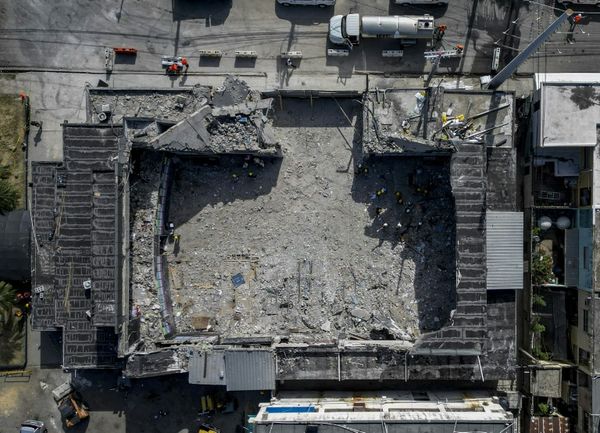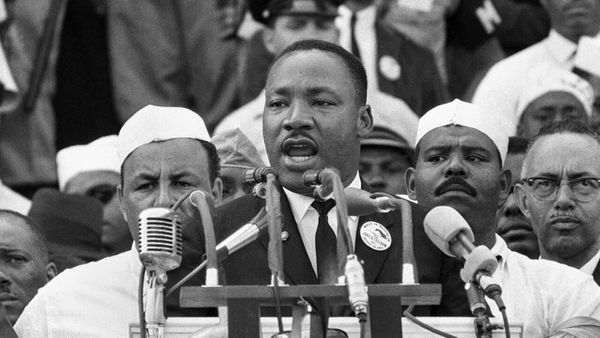China has slashed the quarantine time for inbound travellers by half in a major easing of COVID-19 curbs that have deterred cross-border travel and resulted in international flights running at just 2 per cent of pre-pandemic levels.
Quarantine for international travellers had been cut from 14 to seven days, and subsequent at-home health monitoring had been reduced from seven to three days, the National Health Commission (NHC) said.
Beijing and Xiamen had already reduced their hotel quarantine period to 10 days earlier this month.
Lei Zhenglong, deputy chief of Disease Control and Prevention Department, told a briefing the changes were not to "relax our guard, but to raise and standardise the requirements".
"We should make the COVID-19 control measures more scientific and precise, fully use the resources to ensure a more efficient response to the epidemic, and balance the epidemic control with economic development," he said.
The new policy comes as a relief for Chong Guang Lin, a Chinese-Australian businessman whose work requires travelling between the two countries frequently.
"This is definitely a good thing … In the past, the quarantine time was long and the cost was high," he said.
The new quarantine rules were also welcomed by American, British and European business lobby groups in China.
"It will hopefully work towards increasing business exchanges and stemming the outflow of international talent, some of whom are coming up to having had three years of separation from family and friends overseas," the British Chamber of Commerce in China said.
Wang Liping, an infectious disease researcher for China’s Centre for Disease Control, said the change reflected the relatively short two-to-four-day incubation period for the Omicron variant, which meant that most cases could be detected within a week.
George Liu, a public health expert at La Trobe University, told the ABC the reduced quarantine period was "evidence-based" as scientists now had a better understanding of Omicron.
Despite China's adherence to strict anti-COVID measures, such as the draconian lockdowns in Shanghai, Professor Liu said "a big topic" in China's policy discussion now was "how to avoid over-action" in managing the virus.
"[Relaxing the quarantine time is] a reflection of the determination of the government to reduce negative impact [of COVID restrictions] on social and economic activities," he said.
Barriers to travelling remain
Yan Wei, a Melbourne mother who last returned to her hometown Shanghai more than two-and-a-half years ago, said she still was not prepared to travel to China.
"I hate to waste my time staying in quarantine hotels," Ms Wei said.
The Chinese embassy recently announced Australians could now apply for work or family reunion visas for the first time since March 2020.
Meanwhile, people wanting to travel on other types of visas, including tourist and international student visas, are still not eligible for entry.
Those who have previously tested positive to COVID would also have to undertake six PCR tests over two months.
Professor Liu said local governments might also have their own COVID-19 restrictions and quarantine rules depending on the "risk rating" of where the traveller was coming from.
Therefore, "it was still very challenging to travel to China", he said.
Is China sticking to COVID-zero?
Despite the rule change, authorities were adamant the government's COVID-zero approach remained in place.
Beijing would "fight against any new outbreaks at the outset and with speed and resolutely break their transmission channel", Cai Qi, the city's top Communist Party chief, was quoted as saying in a report by the party-backed Beijing Daily.
Professor Liu said China was yet to have a "clear time line" of transitioning out of COVID-zero.
Beijing and Shanghai reported no new local COVID-19 infections on Tuesday, the first time both cities were in the clear simultaneously since late February.
Their daily caseloads dropped to single digits over the past week, allowing Shanghai to gradually resume eating in at restaurants and Beijing to reopen some leisure venues including the Universal Beijing Resort.
The Walt Disney Company's Shanghai Disney Resort said it would reopen the Disneyland theme park on June 30.
It had been shut for more than three months.
ABC/Reuters







